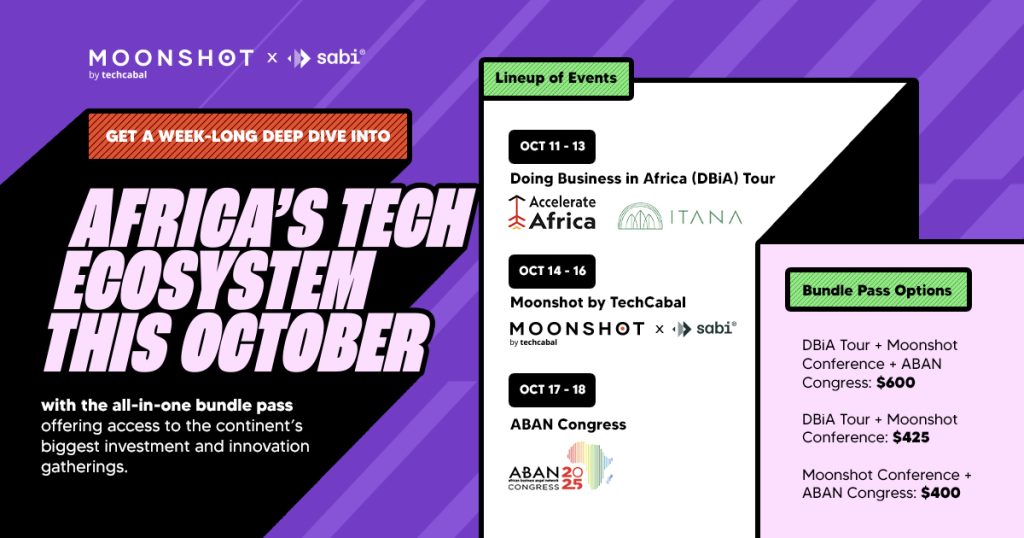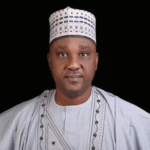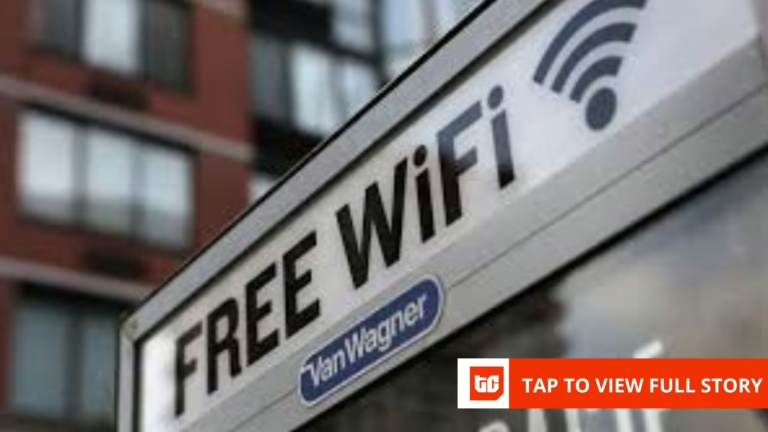Back in 2016, Lagos unveiled an ambitious vision to transform itself into a “smart city,” aiming to become a digital nucleus where citizens could enjoy complimentary WiFi in public spaces such as parks, transit hubs, and government offices. This initiative, in collaboration with Dubai Holdings, sought to establish free internet access points at prominent locations including Ikeja City Mall, Tafawa Balewa Square, and Murtala Muhammed Airport. For a brief period, it seemed Africa’s most populous city was aligning with global trends in connectivity.
Fast forward nearly ten years, and those public WiFi hotspots have vanished. Residents of Lagos continue to depend heavily on costly mobile data plans for internet connectivity. Despite numerous efforts from both government agencies and private enterprises, Lagos still lacks a comprehensive, citywide public WiFi system-a surprising reality for a megacity that positions itself as Nigeria’s commercial and technological powerhouse.
Repeated Attempts and Their Shortcomings
The city has seen no shortage of connectivity projects. After the initial Smart City plan lost momentum, the Lagos Ministry of Science and Technology teamed up with MainOne in 2017 to roll out free WiFi in select parks such as Muri Okunola Park, Ndubuisi Kanu Park, and Johnson Jakande Tinubu Park. This initiative provided students, freelancers, and small enterprises with complimentary internet access for roughly a year before it quietly faded due to challenges with upkeep, funding, and bandwidth limitations.
Lagos also extended its digital ambitions to public transportation. When the Lagos Blue Line Metro commenced operations on September 4, 2023, officials promised free WiFi for passengers onboard. However, by 2025, most commuters report that the service is no longer operational.
Maryam, a video producer who used the metro shortly after its launch, confirmed the WiFi was initially functional but has since been discontinued without public notice. The company responsible, Cowry WiFi, has been inactive on social media since 2023.
Requests for comments from the Lagos State Commissioner for Innovation, Science, and Technology went unanswered. Nevertheless, a senior government insider, speaking anonymously, revealed that WiFi is available within certain government facilities, including the state secretariat and Lagos State University offices. These networks, however, are secured with passwords and limited to staff use.
“We previously attempted to offer open WiFi in public parks to anyone within range,” the official explained. “But sustaining such services consistently proved challenging, leading to the eventual discontinuation of the park WiFi program.”
In 2018, Google collaborated with Lagos State to introduce Project Link, a fiber infrastructure initiative, alongside Google Station, a public WiFi service aimed at providing free internet in busy city areas. Unfortunately, Google Station was phased out globally by 2020.
Despite its promising start, the project faced two significant hurdles: the reduction in mobile data prices, which diminished the demand for free WiFi, and the difficulty in maintaining a viable business model across varied infrastructure environments. By late 2019, most Google Station hotspots in Lagos had ceased operation, with the global shutdown confirmed in early 2020.
Underlying Causes of Network Failures
Industry experts attribute Lagos’s recurring WiFi setbacks to a combination of inadequate infrastructure, ambiguous policies, and insufficient funding.
“Bandwidth isn’t free for providers, and there’s also the capital expenditure needed to build and maintain the network,” explained Ladi Okuneye, CEO of cloud infrastructure firm Unicloud. “The question is, who foots the bill? Advertising partnerships with companies like Google or Meta exist, but the challenge is attracting enough users to generate meaningful revenue sharing, which is often an unattainable threshold.”
Despite previous projects such as metro fiber and fiber-optic expansions, Lagos lacks a cohesive digital infrastructure policy to unify efforts across departments and guarantee long-term viability. The Lagos Innovation Bill, introduced in early 2025, aims to address this by promoting widespread broadband growth, offering investment incentives, and simplifying regulatory frameworks to enhance digital inclusion and innovation. The bill’s draft was completed in January 2025, followed by stakeholder consultations in June, and as of October 2025, it remains under public review before submission to the state assembly.
Financial constraints also play a critical role. Deploying and maintaining public WiFi is costly. Beyond expensive bandwidth, capital costs include hardware (ranging from $80 to $400 per access point), fiber or wireless backhaul infrastructure ($10,000 to $50,000 per site), power supply systems, and installation. The bulk of expenses often come from civil works required for fiber deployment. While wireless backhaul can reduce costs, fiber offers superior reliability and scalability. Depending on scale and location, medium-sized public WiFi projects can range from $10,000 to over $100,000.
“Even with policies in place, funding is essential,” noted an anonymous telecom executive. “Historically, Lagos’ budgets have not allocated dedicated funds for public WiFi.”
Private companies frequently seek advertising partnerships with platforms like Google or Meta to offset expenses, but these arrangements rarely succeed. To secure substantial ad revenue or sponsorships, networks generally need to attract over 100,000 active monthly users-a target that is unrealistic for most public WiFi initiatives in Nigeria.
Infrastructure maintenance risks deter private investors. “If you invest in infrastructure but can’t rely on government upkeep, you might hesitate,” said Wole Adetuyi, CEO of internet service provider Swift Telephone Network. He drew a parallel with Lagos’s Bus Rapid Transit (BRT) system, where out of approximately 800 buses, only about 220 to 250 are operational daily due to maintenance and scheduling issues.
This shortfall in the BRT fleet highlights a broader challenge in infrastructure management that undermines trust in public digital services like WiFi. As Adetuyi suggests, even well-meaning public projects struggle without sustainable maintenance, clear governance, and steady funding.
The Policy Void and Its Impact on Digital Equity
Public WiFi is more than a convenience-it’s a critical tool for bridging the digital divide. When integrated with fixed broadband infrastructure, especially fiber optics, it alleviates pressure on mobile networks, reduces congestion, and lowers internet costs. It also provides affordable or free access to those unable to afford costly data plans, fostering greater digital inclusion.
“Sustainable public WiFi requires government investment,” emphasized DIseye Isoun, CEO of ISP Content Oasis. “Though maintaining WiFi hotspots may not be commercially profitable, it’s a form of nation-building that supports improved healthcare, education, and commerce.”
In comparison, cities like Nairobi have embraced public WiFi as a pillar of digital access. Kenyan ISP Poa! Internet operates over 3,000 hotspots across Nairobi and Kiambu, with government plans to expand to 25,000 by 2027. Johannesburg offers 84 free WiFi locations in libraries, clinics, and parks, while Cairo provides complimentary connectivity at eight major metro stations.
Meanwhile, Lagos-with a population exceeding 20 million-struggles to maintain the few public WiFi projects it once had. This deficiency forces students, entrepreneurs, and low-income residents to rely almost exclusively on mobile data, which has become less affordable following recent tariff increases.
Income levels significantly influence broadband and public WiFi access. Research by Austin Coleman (2016) found that in the U.S., every $10,000 rise in per capita income corresponded with a 9.36% increase in broadband adoption. Similarly, data from the International Telecommunication Union (ITU) and other studies show that a 10% increase in broadband penetration can boost GDP per capita by 1.9-2.3%.
Global analyses consistently link higher household income with greater broadband and device accessibility, highlighting how economic disparities shape digital inclusion. Communities with robust broadband adoption often experience higher entrepreneurship, investment, and income growth.
Understanding income distribution helps policymakers design targeted digital inclusion strategies, subsidize services, and evaluate the social equity impact of public WiFi initiatives.
“Without a clear government incentive-such as data gathering or enabling digital public services-public WiFi won’t become a priority,” said a telecom analyst who preferred to remain anonymous. “This is not just a technological challenge; it’s fundamentally about governance.”
Building a Fiber-Optic Backbone for the Future
The current administration under Governor Babajide Sanwo-Olu has prioritized physical infrastructure development. Through the Lagos State Infrastructure Maintenance and Regulatory Agency (LASIMRA), the government has installed over 6,000 kilometers of metro fiber connecting public schools, hospitals, and government offices as of September 2025. The plan is to complete a 30,000-kilometer network and then explore sustainable ways to leverage this fiber infrastructure.
“This backbone will create clusters where internet service providers, both large and small, can invest,” the senior official explained. “They could offer free internet for a trial period, say one week, to users in these clusters, providing better speeds and lower latency, then monetize the service afterward.”
In principle, this fiber network could underpin a reliable, high-capacity public WiFi system. Fiber optics deliver faster speeds, reduced latency, and greater stability compared to mobile broadband backhaul-essential for supporting large numbers of users in busy areas. However, realizing this potential depends on completing the rollout and ensuring ongoing maintenance, areas where Lagos has historically faced challenges.
“Public WiFi cannot thrive as a purely private venture; it requires government leadership combined with clear commercial incentives for private partners,” Isoun concluded.
Save the date! Moonshot by TechCabal returns to Lagos on October 15-16. Join Africa’s leading founders, creatives, and tech innovators for two days of inspiring talks, networking, and forward-thinking ideas. Secure your tickets now at moonshot.techcabal.com
























0 Comments